Commentary
COMMENT | Bolton’s industrial past can bring prosperity today
In a four-part series, members of Hydrock’s engineering team in Manchester discuss the changing nature of places and communities in the North West. Regional director Danny Hope goes back to the future in this first instalment.
It’s 8:08am on a dewy morning at Rivington Terraced Gardens, a place of spellbinding beauty created by Lord Leverhulme, the soap magnate and founder of Lever Brothers, now Unilever, who built the gardens between 1905 and 1925.
Living in Bolton is an easy decision to make. It’s a great place with fantastic countryside on the doorstep, such as Winter Hill where I spent much of my youth. That’s actually how I got into fell running and later competing in triathlons, having been challenged by the person who hired me at Hydrock to enter the Property Triathlon North. Much to his annoyance, I ended up winning it.
Rather than pounding the canal towpaths around Manchester, I run through these gardens when I want some headspace – it’s where I get all my best ideas. Hydrock’s Manchester team came here last year to lend a hand on our ‘day off for good causes’, clearing vegetation and re-opening old footpaths. It’s an amazing place with structures like the Pigeon Tower, Seven Arch Bridge and the Japanese Lake.
With a population of around 285,000, Bolton is one of the largest towns in the country to have never been granted city status. But that’s not the be-all and end-all for people from parts of the borough such as Horwich, where I’m from, who are fiercely proud of the borough’s towns. Horwich is around five miles north-west of Bolton, and to me this will always be home. It’s also the scene of what I consider to be one of the borough’s biggest business success stories: Middlebrook Retail and Leisure Park, which has attracted a host of businesses as tenants.
My passion for the outdoors that started in these areas extended to studying environmental Protection at university and later attaining status as a specialist in land condition I now sit on the SiLC professional technical panel, helping to ensure the highest level of ethics and standards are maintained by those working across land remediation.
When regenerating and reshaping places, I believe there is so much we can learn from the past to create something sustainable for future generations.
In the early part of the twentieth century, the architect and designer of Rivington Terraced Gardens, Thomas Mawson, held a series of six lectures discussing the responsibility of town planning and its influence on placemaking. These thoughts, later published as Bolton ‒ as it is and as it might be were provoked by Bolton’s decline following the World War I, which coincided with the collapse of the cotton industry and left the council with the duty of regenerating the area to provide the means for future generations to thrive.
Put simply, Mawson advocated individuality, stressing that each city has its own possibilities as well as its own history, which, as its birth right, must be preserved. He believed the purpose of town planners is to help a place realise its own soul, which is still a pertinent point today.
The BBC documentary, Manctopia: Billion Pound Property Boom, failed to knit all the elements of successful placemaking together but it did expose the big challenge faced by urban regeneration, which is to meet the needs of and protect the hardworking people living just outside the city centre who are the torchbearers of its identity.
In my opinion, there is a delicate balance between attracting inward investment and providing the means for good jobs, proper wages and local entrepreneurs to flourish. As an example, for nearly 20 years I’ve been shod in running shoes made by Norman Walsh Footwear, a local firm that epitomises Bolton’s proud history as a world leader in manufacturing dating back to 1948 when the founder was selected to make the track spikes for the British Olympics team. To this day, it produces and exports handmade goods worldwide from its factory here in Bolton.
Much like their twentieth century contemporaries, Bolton’s current officials in the face of a global pandemic are refusing to be held back by events outside their control. Instead, the £1.5bn vision to boost the town’s economy is moving forward apace, including the £250m Victoria Square town centre regeneration, answering the desire to make Bolton a great place to live, invest and work.
One project well on its way to being realised is the high-profile Logistics North, a hub for manufacturing and logistics operations for which Hydrock delivered mechanical and electrical systems and utility engineering covering four parts of the development. The scheme brings more than 4m sq ft of commercial space and huge employers to the region. It is also predicted to deliver £300m of gross value add to the local economy. These developments that generate commercial income are a crucial cog to regeneration of areas outside city centres.
Over the next decade Bolton will be transformed, with several projects already in the pipeline, such as the £150m neighbourhood in Church Wharf; 1,700 homes at Rivington Chase in Horwich, built on the former locomotive works site; and plans for a n 18-acre super-connected ‘digital city’ on Blackhorse Street.
When you distil it to its essence, placemaking comes down to hope and trust. Bolton, like other towns in Greater Manchester, suffered from people moving out. In my opinion, spending this money is not just about futureproofing places for generations to come, but about bringing people home.
Creating great places to live is at the epicentre of placemaking. Hydrock is supporting two projects at present that will ultimately lead to the delivery of 290 residential homes on brownfield land in the borough. My role is to help our clients unlock the viability of their sites. This involves us carrying out site investigations, geotechnical surveys, earthworks and remediation design, and materials management planning. We ensure sites are de-risked so that construction can start as soon as possible and that the finished product ultimately meets the needs of today’s families and generations to come.
At its zenith, Bolton led the world in textiles and engineering. Accepting that nothing happens by chance, its next stage of evolution, in the right guiding hands, will be the catalyst for an even greater legacy.

As a final thought, I invite you to reflect on the quite fitting Horwich motto: copia est labor – ‘industry brings prosperity’!
- Danny Hope is regional director at Hydrock


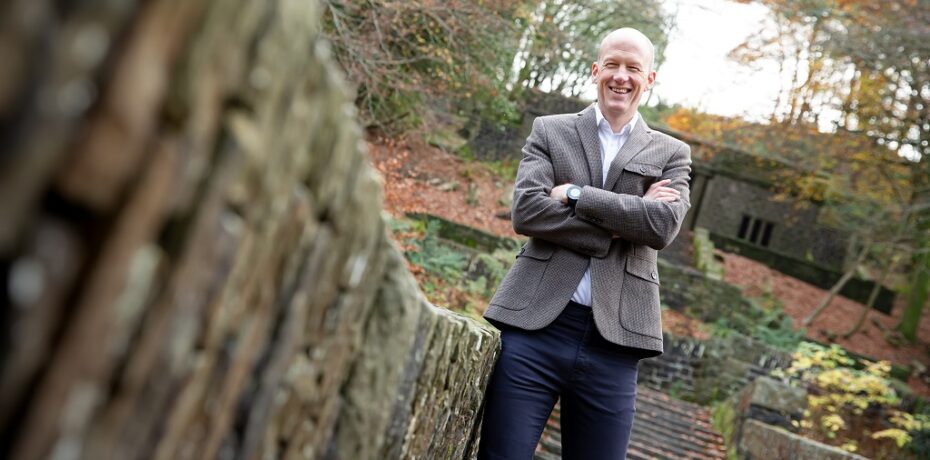
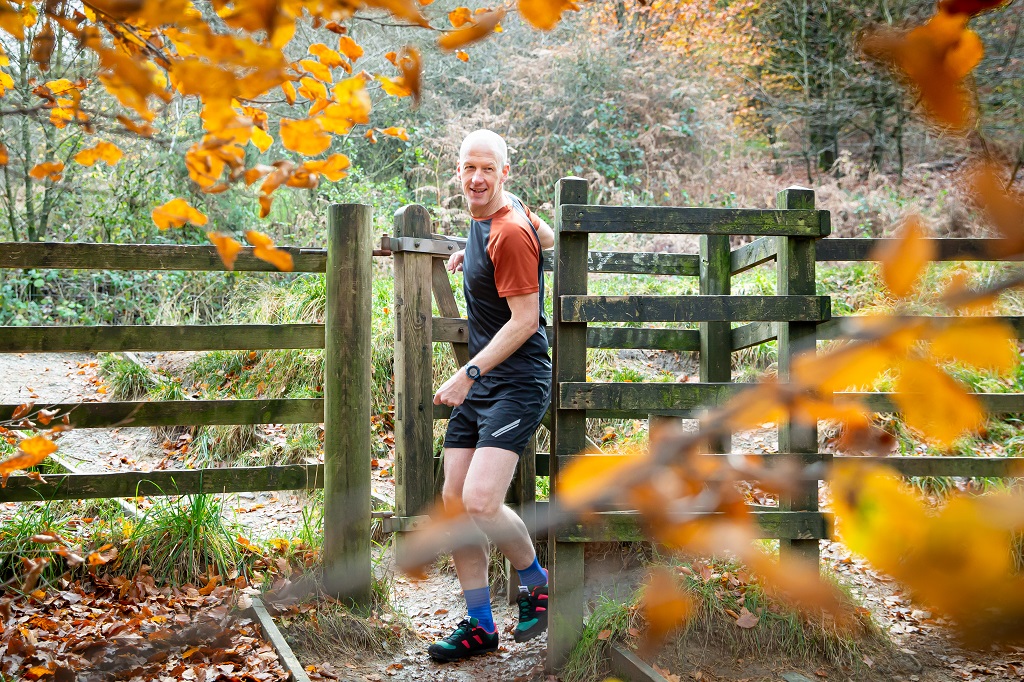
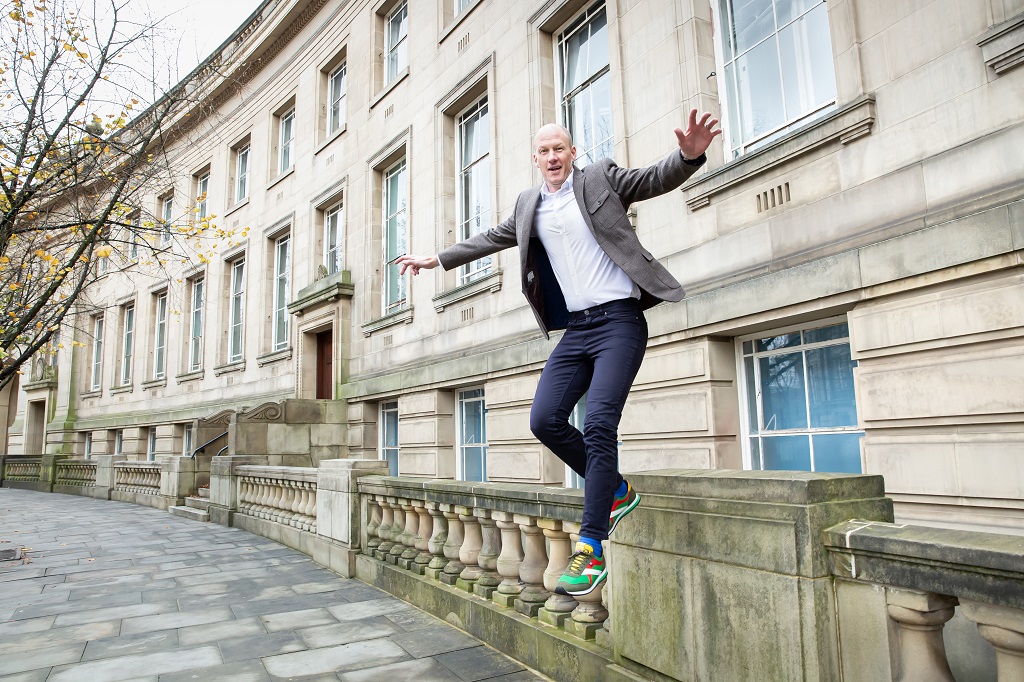
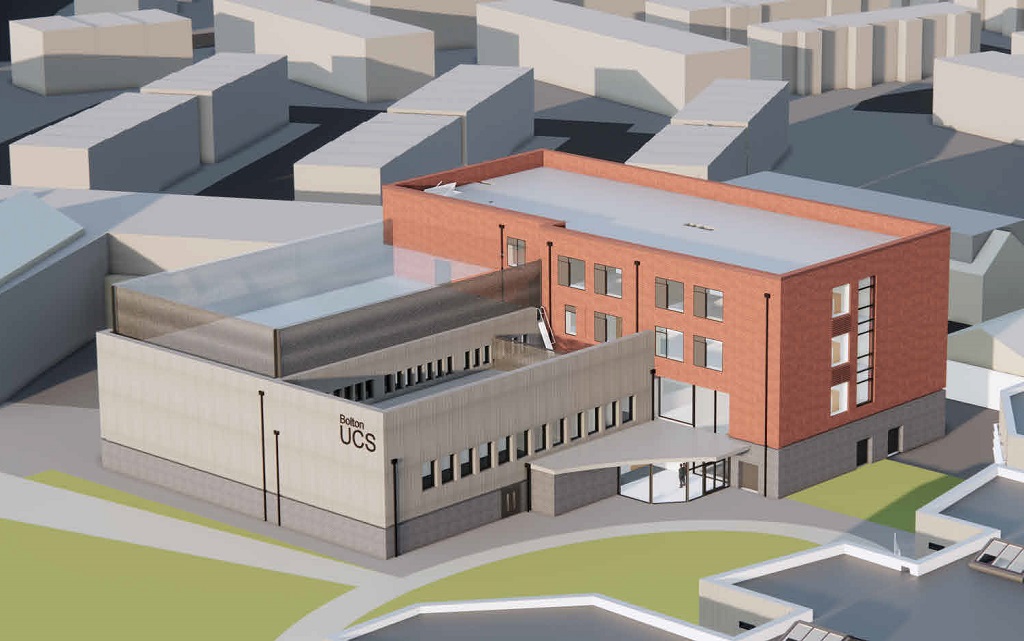
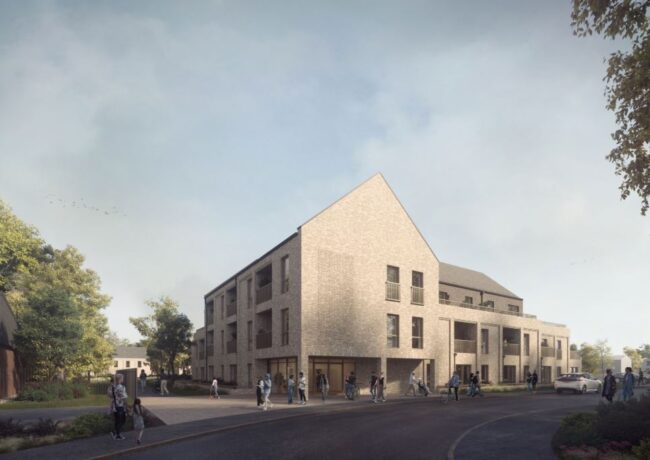
Prediction: Greater Manchester, the city of Salford… are all in the early stages of transformation to become the London of the North. Huge changes have already happened, such as Logistics North and the regeneration of many Greater Manchester town centres, to mention just a few. And there is tonnes more stuff to come.
By Geoff
Lever Park and Rivington Pike are wonderful places. Lord Leverhulme was as determined to leave a lasting legacy in the place of his birth, Bolton, as at Port Sunlight, and his Wirral home in Thornton Hough. His romantic landscape at Rivington includes an almost complete replica of Liverpool Castle. He was a member of the Liverpool Athenaeum and a great historian, and wanted to recreate a bit of old Liverpool here as it reminded him of the pool of Liverpool. The reservoir was built by Liverpool Corporation. Horwich is indeed a proud town, and so is Bolton, with its wonderful town hall. It is by building on the sense of place these areas already have that regeneration will be achieved.
By Red Squirrel
Danny makes some good points about regeneration and its great to hear Hydrock’s Manchester team contributing to an area that is such a great asset to Manchester and the surrounding area. There is as Geoff has said a huge amount of regeneration going on across Gtr Manchester but with so much concentrated on the core area’s of Manchester city centre Salford and Trafford some other Boroughs like Bolton and Rochdale have been under served. Transport infrastructure will help greatly and continuing the expansion of Metrolink serving some of these areas will have an effect of allowing people easy travel into and across Manchester just as the underground helped knit the outer London Boroughs together. In the meantime i will enjoy the benefits of having such a great place on my doorstep!
By RivingtonRider
Really enjoyed that read Danny, and loving this little line “help a place realise its own soul”. Keep up the good work.
By Matt Pickering
Horwich is the posh end though. Bolton today is an area with a lot of people living in real poverty. Number one ask on my list would be to sort out public transport so that people can easily get to work in another part of Bolton, or any part of Greater Manchester, and to make that public transport more affordable. Buses in London cost £1.50 to go any distance. So let’s let people get to work easily and affordably and plan the spending, housing and infrastructure to enable this.
By Hendo
Thanks for the comments everyone, enjoyed doing the piece and reading the comments
By Danny Hope